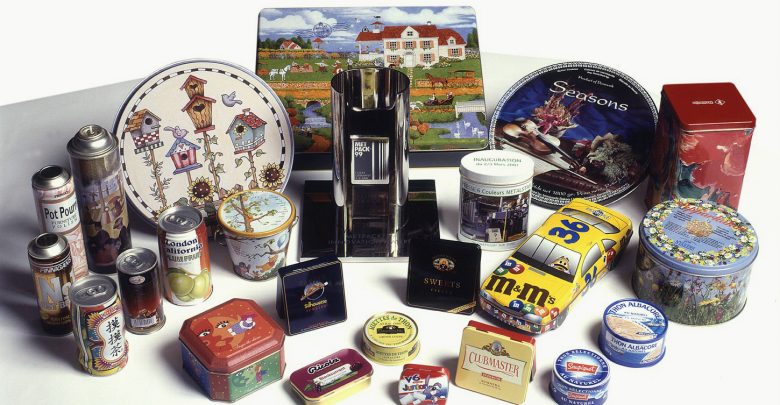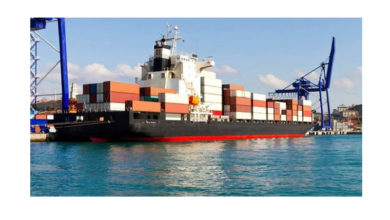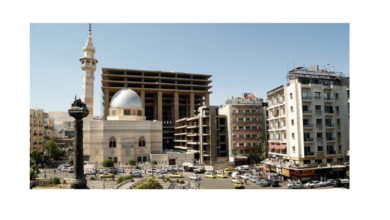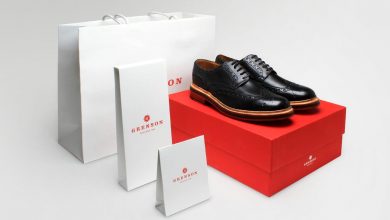Decoration and Sustainability to Boost Outlook for Metal Packaging

Five technology innovations and trends are creating new value in metal packaging, making it a more attractive option for consumers and manufacturers. According to The Future of Metal Packaging and Coatings to 2023, the global metal packaging and coatings market is valued at almost $105.5 billion in 2018. Total value is forecast to increase at 1.6% year-on-year to 2023, pushing overall value to $114.4 billion.
Much of this figure can be attributed to beverage cans that continue to dominate the market, holding a share of almost 45%. Although global demand for beverage cans has been affected by falling sales of many forms of carbonated drinks, it has also benefited from the surging popularity of energy drinks and craft beer. Future growth in demand is likely to come from other sectors of the beverages industry, such as packaged water, wine and RTD (ready-to-drink) tea and coffee drinks.
Asia will remain the best-performing region within the global metal packaging market in the period leading up to 2023. During this time, value sales are anticipated to increase by more than 18%, as the region overtakes North America to become the world’s largest. Smithers Pira research reveals five trends and technology developments that are influencing the metal packaging market landscape.
Decorative Techniques – A World of Creativity
To gain a competitive advantage, many brand owners are now focusing more upon improved visuals for metal packaging products. Many have embraced digital printing, which offers numerous opportunities for developing bolder and more striking visuals, and eye-catching colours. Not only do metal cans offer a 360-degree canvas, but digital printing is ideally suited for many of the limited-edition products now being launched across the food and beverages industry, due to its effectiveness over shorter print runs.
The metal packaging industry is also making greater use of tactile features that appeal to a range of senses. Techniques such as embossing and debossing have become more widespread, and have been adopted for leading brands. Tactile effects are usually created using an overvarnish, which changes the appearance and feel of the can itself – for applications such as soft drinks vendors are often keen to add a ‘wet’ or ‘frosted’ look to their packaging. Another notable example has been the ‘Matte Impact’ effect developed by Ardagh Group – this creates a surface structure for the can which reflects light differently and therefore provides a matte appearance.
Aerosol Innovation
The aerosols market, which will increase across 2018-2023, continues to witness the emergence of product innovations aimed at improving convenience for the consumer and addressing environmental concerns. Examples have included:
- The replacement of hydrocarbons with compressed gases as the propellant
- Innovation in bi-compartmental aerosol technology, which incorporates a plastic inner bag to separate the product from the propellant.
- During the next five years, penetration of dual-dispensing aerosol systems is expected to increase within applications such as pharmaceuticals, cosmetics and technical products, like glues.
Lightweighting
Lightweighting has been a leading trend within the metal packaging industry over the past decade, in sectors ranging from food and beverage cans to aerosols. This enables packaging manufacturers and brand owners to reduce their environmental footprint and therefore improve their sustainability credentials, while also reducing costs. By developing more lightweight containers, less material is used, while the energy used for distribution and logistics purposes is also cut.
Reductions in weight have been achieved via measures such as switching from steel to lighter-weight aluminium, a trend which is being led by leading metal packaging manufacturers, such as Crown and Ardagh. Another company that has helped to pioneer lighter-weight aerosol cans is Ball Corporation, via its ReAl range. First launched in 2014, ReAl cans feature 25% recycled material and weigh 11% less than standard products.
Recycling
Metal packaging products enjoy a tremendously positive image as far as environmental sustainability and especially from a recycling perspective, since metal is a permanent material that can be recycled many times without impinging on its performance. Aluminium beverage cans represent the world’s most recycled drinks container, and global recycling rates have now reached 75%. Over 3 million tonnes of aluminium and steel are now recycled in Europe every year, while the industry continues to work toward a recycling target of 80% of all rigid metal packaging by 2020.
Switch Away from BPA
Food cans are typically coated with an organic layer to protect the can’s integrity from the effects of the food and to ensure that a chemical reaction does not take place between the two. The metal packaging industry is still under pressure to substitute away from bisphenol-A (BPA) over reported, yet unproven, threats the chemical poses. In several regions this has led to scrutiny from regulators, lobbying by health advocacy groups – and consumer pressure to develop alternatives.
Initial efforts have focussed on deploying bisphenol-S (BPS), with brands using it now being able to use the phrase ‘free from BPA’ in marketing. The two chemicals are similar however and as it has become a viable alternative tests on BPS are also being commissioned. The industry is increasingly looking at acrylic or polyester materials for can linings as the long-term solution. Campbell Soup Company is one notable example here, phasing out BPA by July 2017. There is no single drop-in replacement however, for example Campbell has had to tailor its linings to minimise reactions with certain acidic foods in its range.






161 Comments